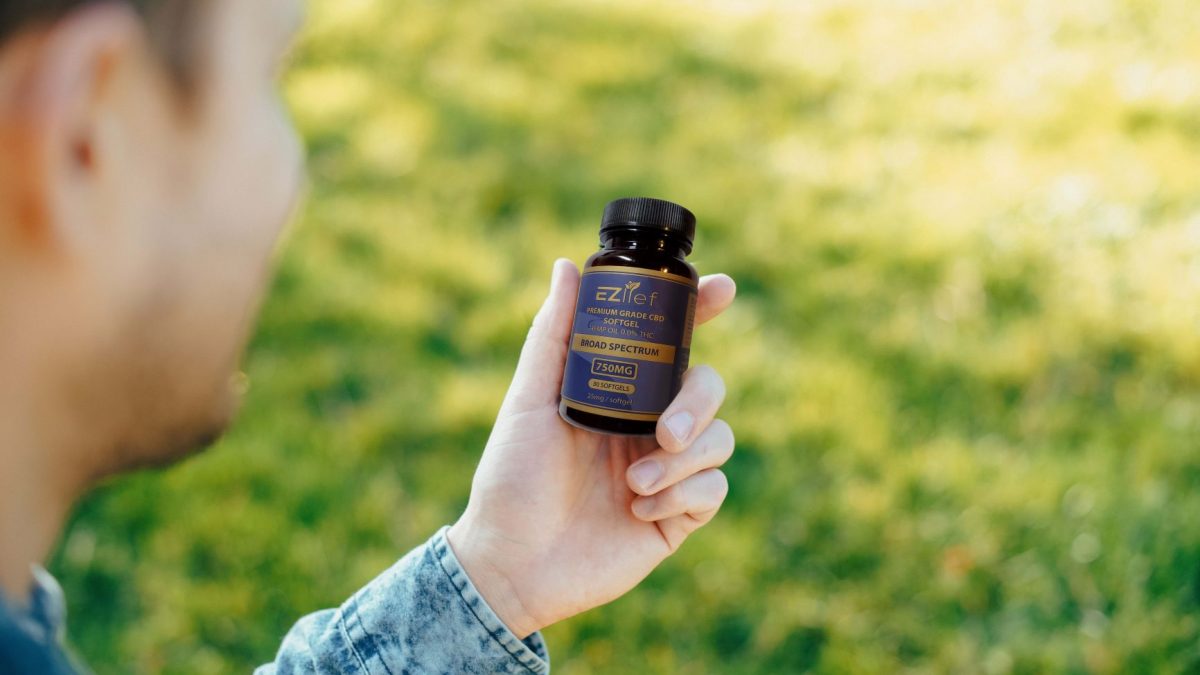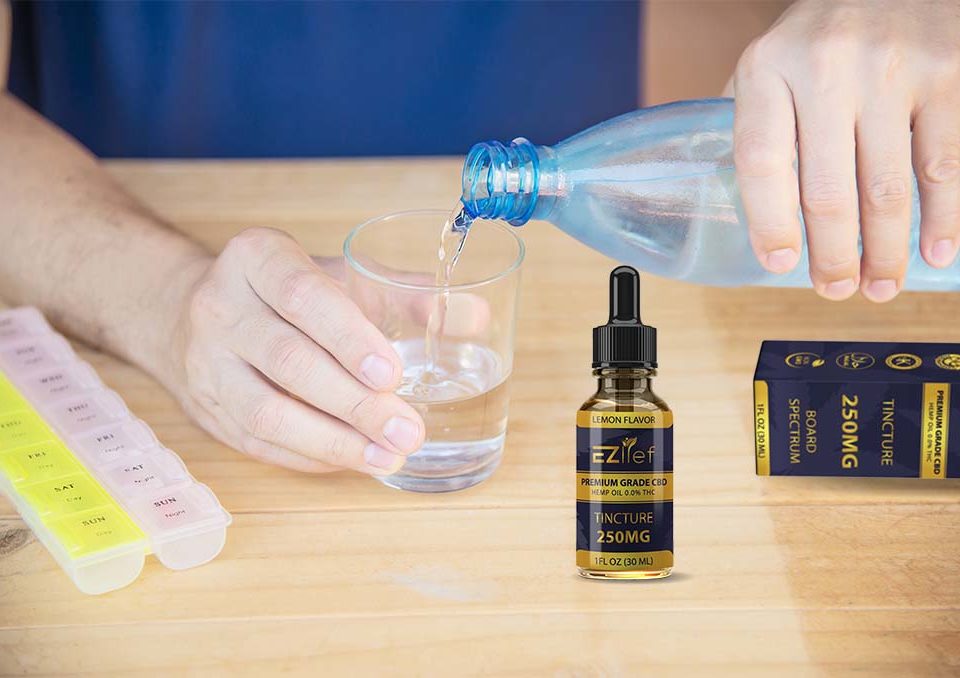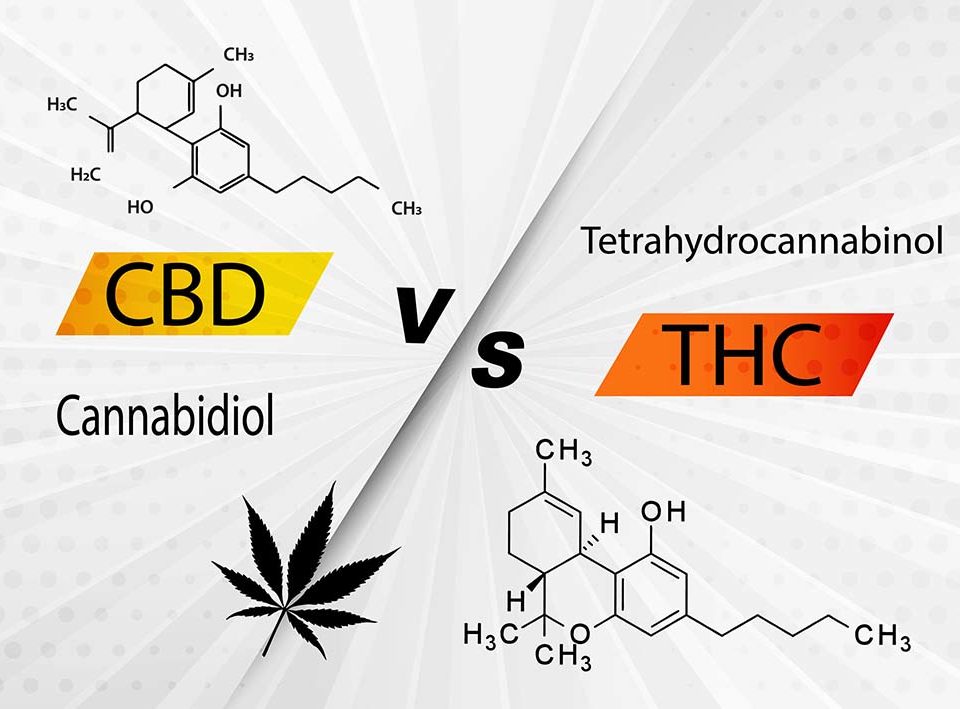Hemp-Derived CBD Oil: Broad Spectrum Vs. Full Spectrum and Beyond

The Challenge of CBD Consumption: Concentration, Dosage, & Consistency
November 25, 2021Cannabidiol or CBD is a popular product popping up in everything from oils and creams to cosmetics, muscle salves, vape juices, gummies, and other edibles. The natural compound is part of the hemp plant and is extracted using a safe, CO² process. Beyond the harvest and extraction process, most CBD products vary between broad spectrum and full spectrum. Additionally, more vendors are offering isolates. What’s the difference between these CBD items, and which is the best option? The answer might surprise you.
Understanding Full Spectrum CBD Oil
When extracting CBD from hemp plants, the initial process begins with a full spectrum oil. Most distributors stop here. They remove the plant matter and the non-viable components but leave everything else. There are over 500 compounds found in the hemp plants, and more than 100 are cannabinoids. The CBD and other compounds in the plant, including terpenes, flavonoids, vitamins, minerals, and fatty acids, are found in the plant’s leaves, stems, stalk, and flowers, but NOT the seeds.
The two most common are THC and CBD. THC is the cannabinoid found in hemp and cannabis plants that causes a “high” from its psychoactive properties. Along with causing unpleasant side effects, such as paranoia and nausea, it’s illegal in the USA. The 2018 farm bill made CBD and all hemp plant compounds legal, except THC
How is Broad Spectrum Different from Full-Spectrum CBD Oil?
Full spectrum oils include all the compounds in a broad spectrum, but with .3% THC or more, depending on the state laws. Broad spectrum CBD brands are THC-free. Although labels show .3% THC for full spectrum products, the lack of oversight and CBD screenings make it impossible to verify that items match their description
Brands need to build trust with customers by providing third-party lab tests for their products. These lab’s results breakdown the percentage of each compound, including THC, CBD, and the terpene profile. But, the only way to guarantee your CBD products won’t lead to a positive drug test is to use a broad spectrum or isolate
The big deal about the broad spectrum is its THC-free. Yes, some studies show THC has the potential to provide medicinal benefits, such as pain relief. However, the minuscule amount of THC that’s found in most CBD brands won’t offer any advantages. In fact, it can cause disadvantages legally and professionally. Health experts warn that full spectrum products can show up on a drug screening. These screenings look for THC and don’t differentiate between hemp and cannabis. If you buy a product mislabeled with more than .3%, which is possible, you’ll have no recourse. Although it’s unlikely, these disadvantages can be costly.
Which is Better – Broad Spectrum, Full Spectrum, or Isolate?
When choosing the right CBD formula, it’s essential to think about your needs. An isolate can guarantee your products are 99.99% THC-free. However, you’re going to lose the benefits of the other compounds in the broad spectrum that are helpful. In addition to missing out on terpenes, flavonoids, and other beneficial compounds, isolates are more expensive than broad spectrum oils.
Removing everything but the CBD requires distributors to complete a multi-step process. First, they remove the plant matter, leaving behind all the compounds. The next step, winterization, remove everything but the CBD, leaving behind a pure, crystalline powder.
You’re probably thinking this is the better answer to avoiding THC. But when you remove everything, you take away over 499 beneficial compounds. Terpenes, which are plentiful in broad spectrum oils, are found throughout nature and are known to have dozens of benefits that work in unison with CBD to create what some researchers refer to as the entourage effect.
The entourage effect is a fancy way of saying that all the plant’s compounds working in unison are more beneficial than only one. Additionally, users tolerate it better and have fewer side effects. Although they’re typically mild, some people can experience nausea, diarrhea, and mood changes.
A cannabinoid researcher from Washington University in St. Louis, Adie Wilson-Poe explains to Wired Magazine, “When you just stimulate the CB1 receptor with this pure molecule, it’s very intoxicating and patients don’t tolerate it very well.” She continues, “but if you were to vaporize a whole flower, you’d be consuming potentially a couple of dozen anti-inflammatory molecules at once.”
There are over 20,000 terpenes found in dozens of other plants, and more than 100 make up the compounds in the hemp plant. Some of the more dominant terpenes include:
- Limonene – responsible for the citrus smell of some hemp cultivars; has antibacterial properties and is often found in household cleaning products
- Pinene – Think “pine trees”; the terpene has a pine scent and has anti-inflammatory characteristics
- Myrcene – the most abundant terpene with a distinct, citrus odor; may reduce anxiety
- Caryophyllene – gives some hemp cultivars a woodsy aroma; commonly found in black pepper; may help reduce inflammation
- Linalool – the source of lavender’s relaxing properties; may reduce stress and anxiety
- Humulene – found in hopes and cloves; might reduce nausea; potential anti-inflammatory
- Ocimene – the monoterpene has a fruity and floral aroma that’s found in hops, mango, and kumquat; it has anti-inflammatory characteristics and antifungal attributes
- Terpineol – is found in pine and may help reduce inflammation and help people with asthma symptoms
- Terpinolene – it has a floral aroma and has antioxidant and antitumor characteristics; the only terpene without anti-inflammatory attributes
- Valencene – think oranges; the sesquiterpene has a sweet and citrusy scent and may repeal ticks and mosquitoes
- Geraniol – the monoterpenoid is found in lemongrass, lavender, rose oil, and has anti-inflammatory, antioxidant, and antimicrobial properties
- Carene – Also known as delta 3 carene, the monoterpene produces a citrusy scent and kills mosquitos; it also has the potential to stimulate calcium production in bone cells; Carene is found in cedar and pine
- Bisabolol – the sesquiterpene is found in chamomile and is a popular additive in cosmetics; studies show it’s an anti-irritant, skin protectant, anti-inflammatory, and antispasmodic
- Camphene – the monoterpene is naturally found in rosemary, lavender, sage, nutmeg, and has the potential act as an antiviral, antifungal, expectorant, and anti-edematous
- Borneol – naturally found in camphor, ginger, rosemary, thyme, the monoterpene has antibacterial properties and may act as an insect repellant
- Terpinene – the hydrocarbon is found in tea tree, marjoram, nutmeg, chamomile with antioxidant properties
It also has cannabinoids other than CBD and THC that are non-psychoactive.
- Cannabichromene (CBC) – has potential as an anti-inflammatory
- Cannabichromevarin (CBCV) – possible anti-inflammatory, antifungal, and analgesic
- Cannabicyclol (CBL) – anti-inflammatory and antitumor characteristics
- Cannabigerol (CBG) – anti-inflammatory and antibacterial potential
- Cannabigerovarin (CBGV) – may boost the metabolism of CBD, or increase the effects of it
- Cannabinol (CBN) – anti-inflammatory properties
These compounds together can provide more benefits than by themselves. Most share similar properties, including anti-inflammatory and antioxidant, that contribute to the potential healing characteristics of a broad-spectrum hemp-derived CBD oil.
There isn’t one right answer when it comes to choosing a full spectrum, broad spectrum CBD oil. It’s a personal preference. However, what’s most important is to know your distributor, the hemp’s origin, and how it’s grown. Hemp is a versatile plant that can clean soil by absorbing impurities through its roots. Plants cultivated in pour or contaminated soil aren’t safe to use. The best quality hemp is GMO-free and organically grown in an area with strict environmental laws.





